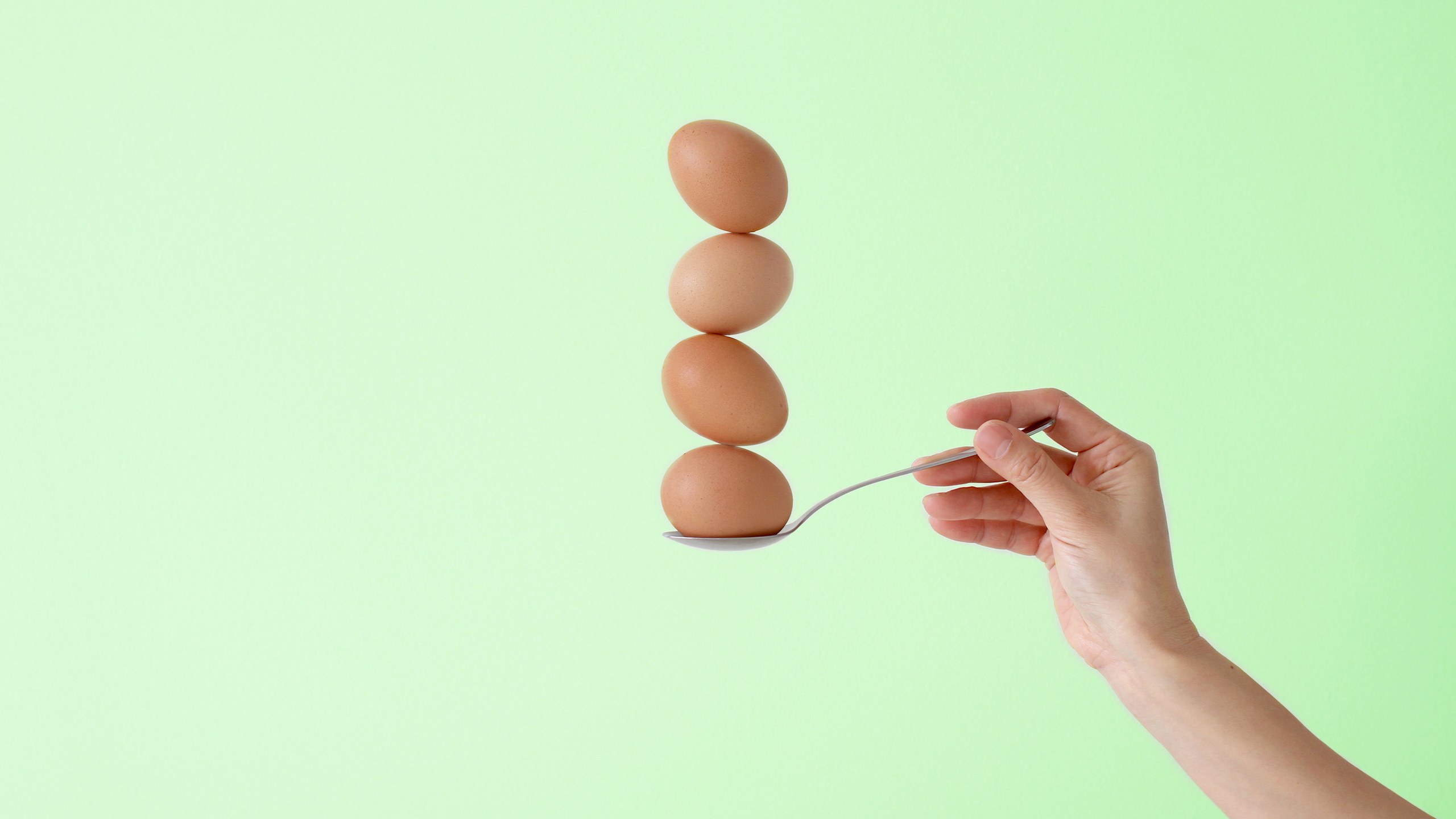Modern Fertility Launches Annual Fertility Tracking That Puts Women In Control

Cheryl was 23 when she got married and always assumed she and her husband would have kids down the line. “We talked about having two to four kids. There were all these different periods where we set an age or a stage but then we would get there and it would be like ‘oh not yet,’” she says. “We had originally said for sure when I turned 30 we’d start trying—and then the year I turned thirty he decided to get his MBA.”
By the time Cheryl hit 32, kids still weren’t on the horizon. “He asked to wait another three to five years, and I was like oh my gosh, that’s not a part of my plan and now I kind of feel like it’s never going to be a part of our plan together,” she says.
As every cliche about biological clocks will tell you, fertility declines with age, dropping sharply around 35. But the curve doesn’t look the same for every woman—your individual hormone levels and factors like when your mom went into menopause all help to create a more personalized view of your fertility future. But historically, getting this information about your body has been out of reach unless you’re actively trying (and failing) to get pregnant. That means women like Cheryl who are trying to be proactive about making major life decisions have been left without all the info. “I was like this information is there, and it’s mine, and it’s my body,” Cheryl says. “So why wouldn’t I have it?”
Cheryl heard about Modern Fertility, one of a handful of femtech companies (and Glamour’s partner in the Modern State of Fertility survey) who are putting fertility insight straight into the hands of women with an at-home test that gives you a real time look into key measures of egg quality and quantity. “Let’s be realistic—as much as I can climb a career ladder, I only have certain years that are my fertile years. So why aren’t I learning more about my body and what’s possible and what my options are?” Cheryl says.
Modern Fertility’s at home blood test measures key hormones that can tell you if you have more or fewer eggs than the average woman your age, when you’re likely to hit menopause, and give you insight into potential egg freezing or IVF outcomes. Cheryl’s test results were promising—she could likely have kids if she wanted to. So she had a choice to make: stay in a marriage where kids were uncertain or take control. Eventually, Cheryl and her husband got a divorce.
At 33, she was back on the dating scene, armed with new insight into her reproductive future. For the first time in over a decade, she was dealing with all the uncertainties that come with finding a partner but now there was one other uncertainty: how long could she wait before trying to have kids?
A fertility test like the one Cheryl took is a helpful tool—one data point that gives you a good idea of your chances of getting pregnant right now. But the real power comes from understanding how your body is changing over time. This is where Modern Fertility’s latest resources, launching today, come in. To give women like Cheryl the information they need to make major life plans, the company overhauled its fertility reports to support annual testing, allowing women to get specific insight into how their reproductive curve has changed from the previous year. “We periodically check up on our daily steps, nutrition, and financial savings, not to mention cholesterol and blood pressure—why shouldn’t we routinely check in on our reproductive health?” Afton Vechery, co-founder and CEO of Modern Fertility, said in a statement. “This isn’t just about planning for kids or having them, it’s about owning an important piece of our body that impacts our overall health and future.”



